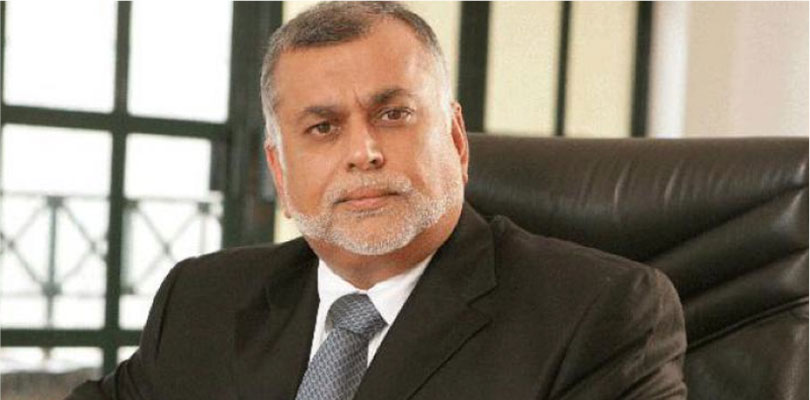Isa Senkumba
Why government and rich businessmen in honeymoon
Recently President Museveni and First Lady Janet stood at the steps of State House Entebbe and invited business people, mostly for the construction of the proposed NRM house.
The donors were prominent businessmen such as Sudhir Ruparelia, Charles Mbiire, Karim Hirji, Patrick Bitature, city traders and many others. With such generous contribution the party will soon hold a groundbreaking ceremony for the delayed building project, whose first fundraiser was held in 2012. This skyscraper is located on Hannington Road, on Nakasero Hill, one of the most prestigious locations in Kampala’s central business district.
At this stage we should be able to explain the relevancy of the romance between government and the rich citizens (businesses). Businessmen need to create a good relationship with government if they are to have their businesses and business interests protected.
At the same time government highly needs support from the wealthy business people in order to stay in power. This is why the rich business people can parade before president to make donations to him and the NRM party.
Conventional economics teaches that government rules and policies make markets and capitalism possible. The market is a set of behaviors that is structured by rules, and many of the most important rules have been developed and enforced by government. Without these rules, our prized free-market economy would be a stunted and feeble version of what we see today.
The limited liability laws, the property rights, law and order, bankruptcy protection, a stable money supply, commercial transaction laws, banking regulations and many others are likely to shape the economy in favour of the business community.
The rise of Hitler was not by accident but a calculated move that required the participation of wealthy German businessmen, particularly industrialists. Hitler knew he could not succeed as Führer of Germany without the support of existing institutions such as the German Army and the powerful German industrialists, both of whom kept a wary eye on the revolutionary SA.
On Jan. 17, 1893, Hawaii’s monarchy was overthrown when a group of businessmen and sugar planters forced Queen Liliuokalani to abdicate. The coup led to the dissolving of the Kingdom of Hawaii two years later, its annexation as a U.S. territory and eventual admission as the 50th state in the union. If the state or monarchy does not cooperate with the business community its leadership is likely to be challenged. Indeed leadership and control of states lie in the hands of the wealthy people.
The class domination theory of power continuously exhibits its relevancy in explaining who controls both developing and developed nations. For instance one may ask himself: Who has predominant power a developed democracy like the United States? The short answer, from 1776 to the present, is: Those who have the money — or more specifically, who own income-producing land and businesses have the power.
George Washington was one of the biggest landowners of his day; presidents in the late 19th century were close to the railroad interests; for the Bush family, it was oil and other natural resources, agribusiness, and finance.
In this day and age, this means that banks, corporations, agribusinesses, and big real estate developers, working separately on most policy issues, but in combination on important general issues — such as taxes, opposition to labor unions, and trade agreements with other countries set the rules within which policy battles are waged.
This is clearly the role of the business community.
“The rich” coalesce into a social upper class that has developed institutions by which the children of its members are socialized into an upper-class worldview, and newly wealthy people are assimilated. Members of this upper class control corporations, which have been the primary mechanisms for generating and holding wealth in countries like the United States for upwards of 150 years now.
Some of the most influential international businessmen are known for their involvement in sport as much as any business ventures that have boosted their individual wealth to place them among the richest men in the world. A part from sports and entertainment, politics is one another.
Most people do not know that Roman Abramovich, one of the wealthiest men in the world, increased his fortune by more than $2 billion in the last year by increasing his stake in steel giant Evraz and mining firm Highland Gold. According to Forbes, the rich invest to keep the governments in power so that they can have their businesses protected. You now know why Sudhir and colleagues donated 16 billion to construct NRM House.
Comments



















